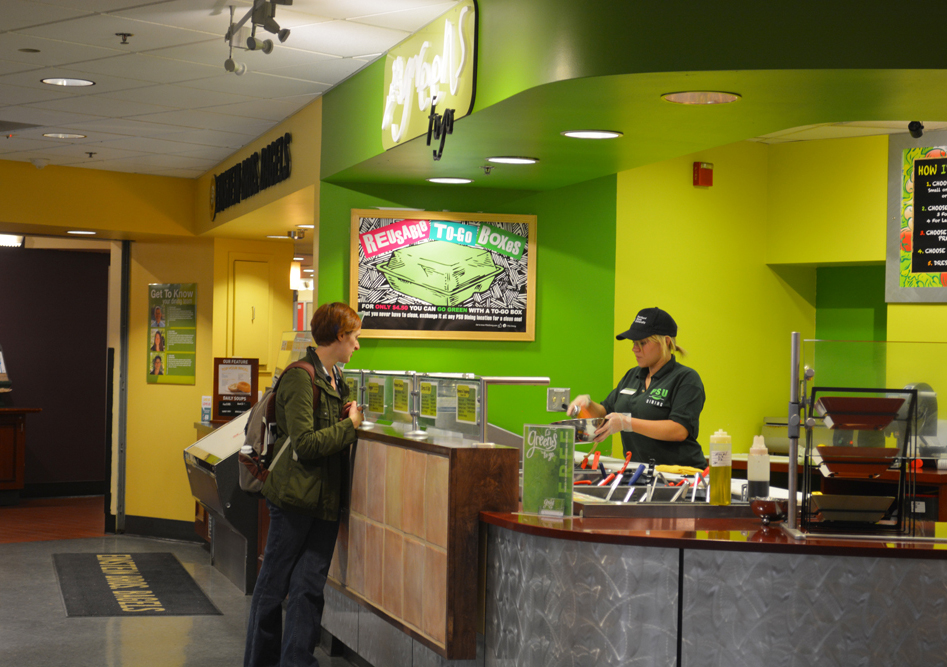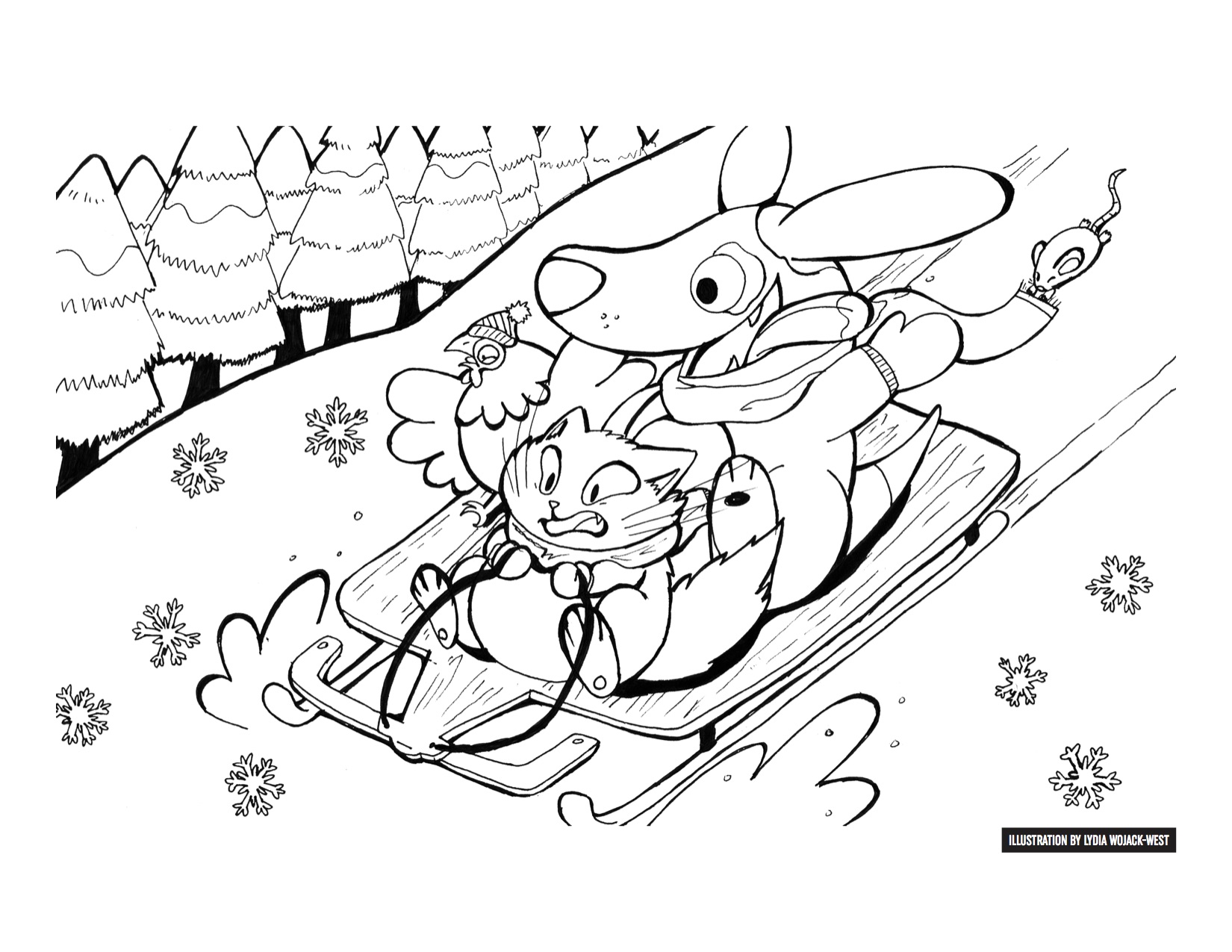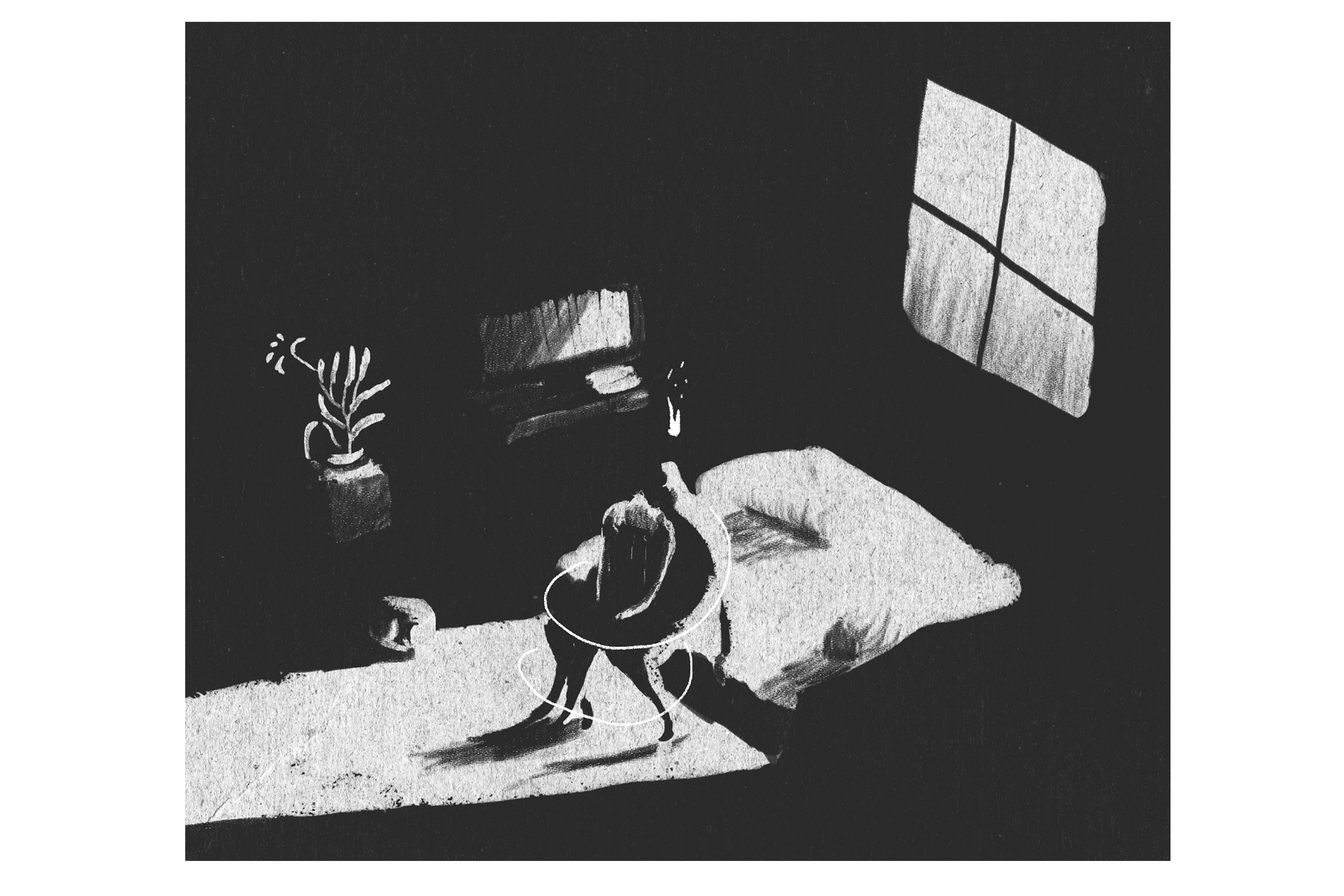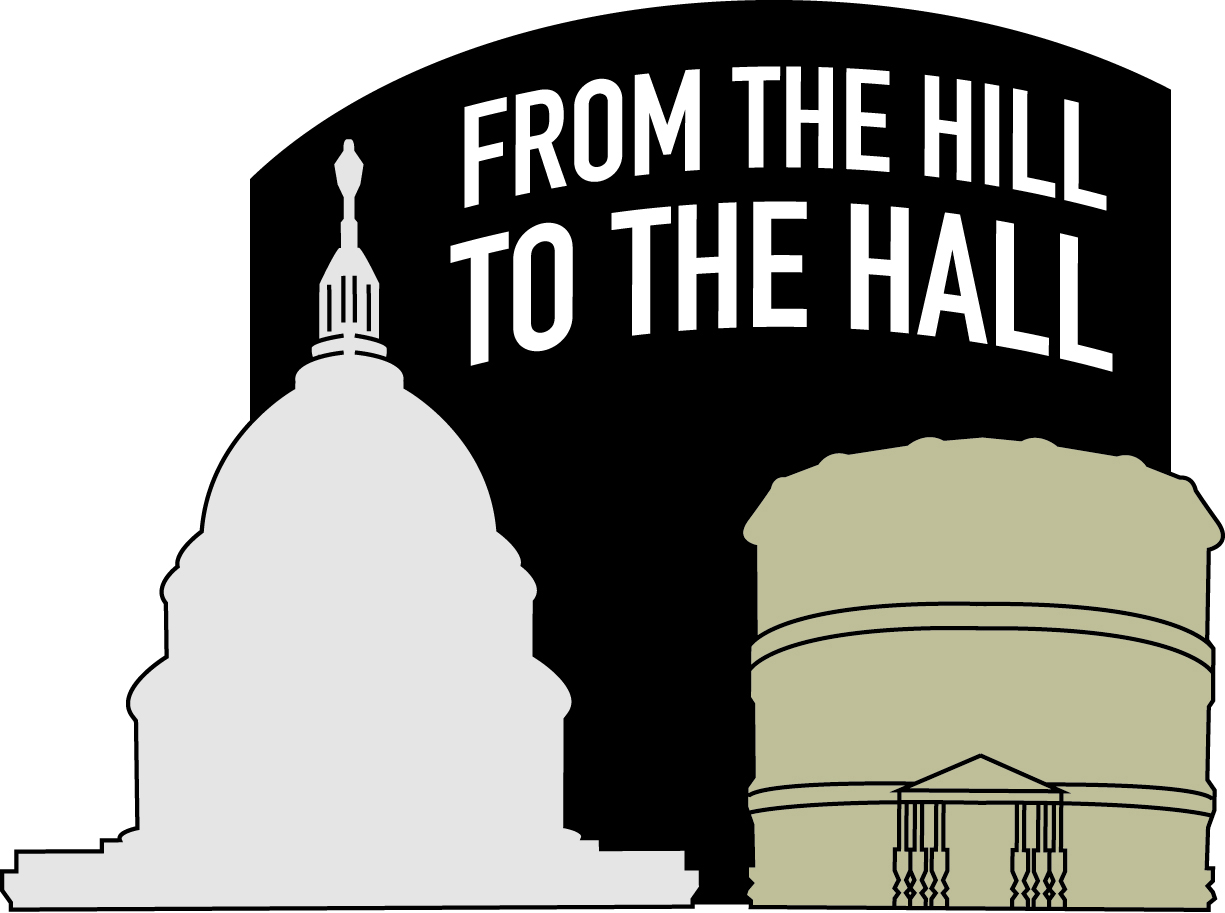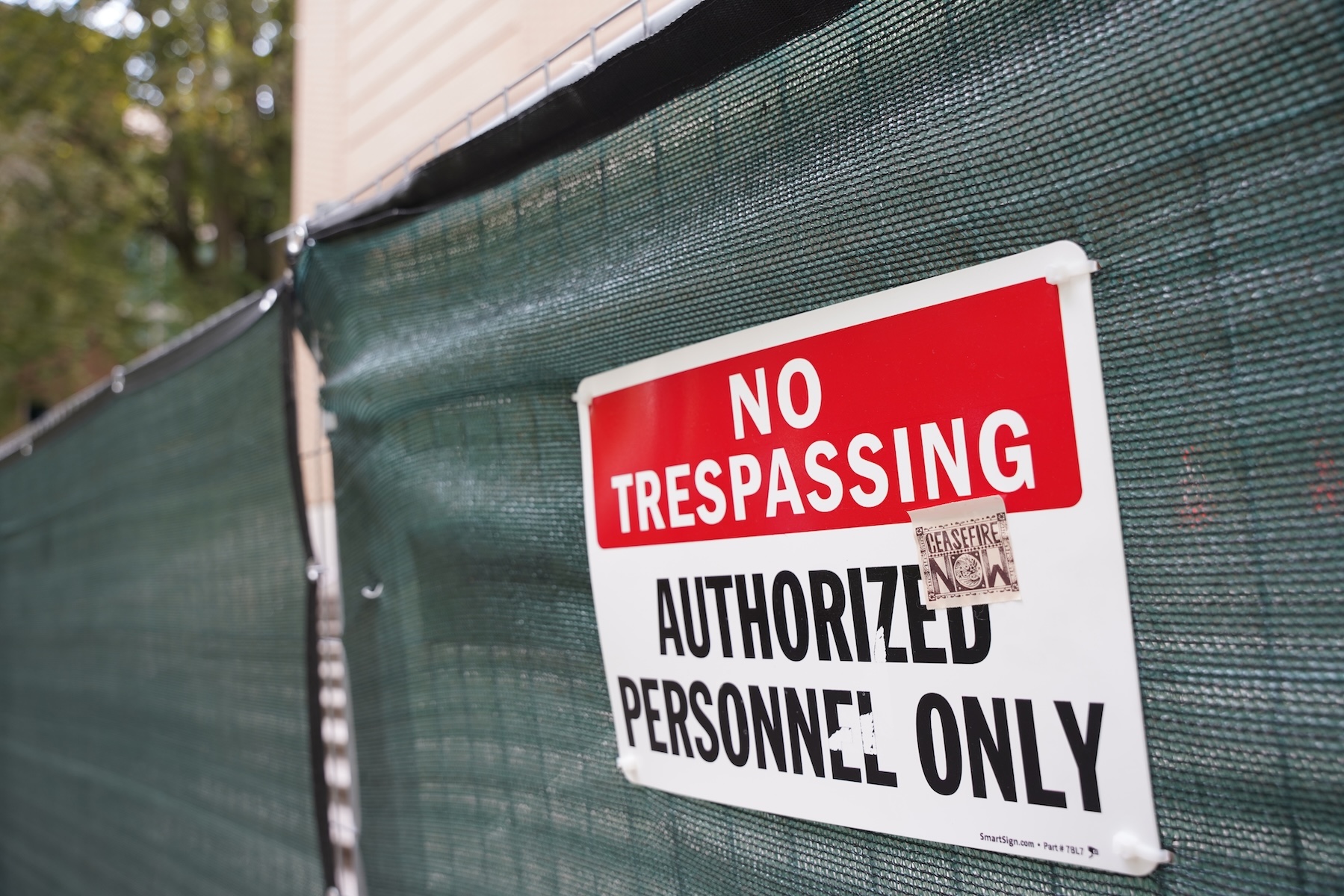Animal rights activist group The Humane League announced on Nov. 3 the success of its campaign to end the abuses of broiler chickens by Aramark and Compass Group.
Abuses have been documented as being carried out by both companies, and they have agreed to enforce and require new practices from their suppliers by 2024. They are the first food service companies in history to adopt such policies with a public timeline.
Aramark is responsible for catering Portland State’s food services across campus, such as University Housing, Smith Memorial Student Union, conferences and events, the Viking Pavilion, University Place Hotel and Conference Center, as well as thousands of other businesses and institutions nationally.
Those advocating for these changes hope to increase the standards for food served on campus. The new policies include phasing out inhumane, fast-growing chicken breeds to improve welfare conditions that meet Global Animal Partnership’s standards and enforcing a 6lbs./sq.ft. stocking density maximum.
GAP is an international nonprofit, self-described on its website for being “recognized as one of the leading animal welfare rating certification programs in North America!”
Additionally, both companies will begin including natural light, hay bales and perches to enrich the chickens’ environment. While approaching the deadline, companies are expected to consult animal welfare organizations to evaluate the quality of all environmental conditions such as air quality, lighting and litter quality. Lastly, they will make sure chickens are humanely slaughtered by rendering them unconscious before being shackled upside down for killing.
“We are honored to be the first food service company to pilot a project of this magnitude with GAP, whose integrity and leadership set the highest ethical standards for certification of farm animal welfare,” states Gary Snyder, chief people officer for Compass Group North America, on the company’s website.
The campaign started Sept. 27 and worked in conjunction with university students to protest Aramark’s presence on campus.
“Throughout the campaign, we focused on a couple dozen universities where volunteers launched campus campaigns to raise awareness and ultimately have Aramark kicked from campus,” said Taylor Ford, corporate campaigns manager at THL.
“On the PSU campus, a campus organizer with The Humane League, Lauren Mash, worked to raise the issue on campus by hanging posters, distributing leaflets, and collecting signatures,” Ford said.
Mash also set up an online petition to kick Aramark off PSU’s campus, collecting over 4,500 signatures from PSU students on change.org. THL had attempted to settle the matter discreetly, but Aramark declined, Ford said.
“Aramark refused to respond to our emails or calls and discuss the policy request privately,” Ford said. “While we would’ve liked to have the opportunity to discuss the issue with Aramark privately, we were happy to see the company listen to the hundreds of students that spoke out in the campaign.”
Before the campaign, Aramark’s animal welfare policy followed the “Five Freedoms” standard set by the Farm Animal Welfare Committee. The five freedoms included freedom from hunger and thirst, freedom from discomfort, freedom from pain, injury and disease, freedom to express normal behavior, and freedom from fear and distress.
“The policy covered the care and treatment of farm animals, including rapid growth, confinement and painful procedures,” said Karen Cutler, vice president of Corporate Communications at Aramark, who responded on behalf of PSU Dining.
“As part of our ongoing collaboration with our partners, the Humane Society of the U.S., Compassion in World Farming, Global Animal Partnership, industry experts, suppliers and academics, as well as our Sustainable Sourcing Advisory Panel, we have been working since last summer to expand our commitments in this area,” Cutler said.
“The Five Freedoms of animal welfare are a good guideline, but do not distinctly lay out requirements for companies to adhere to once implemented,” Ford said. “Unfortunately, these results [hold] very little significant improvement in the company’s welfare standards. The policy we requested of Aramark had specific action items laid out to address welfare concerns with timelines to do so.”
Though THL is pleased with the results, the campaign has not officially ended. Members of THL have placed a moratorium on its efforts for now but plans to keep a close eye on Aramark. If they do not adhere to the timeline, THL promises to relaunch and escalate its operation against the animal abuses, which Aramark and Compass group have agreed to end.

